
Recommendation
Author and leading oil expert Matthew R. Simmons departs from other books of the oil doom-and-gloom genre, which usually review peak production formulas, extend them to global oil reserves and posit an inevitable decline. Global oil production, they all warn, must begin to diminish "sooner or later." While indisputably true, such homilies overlook the core question: when? When will the decline actually begin - now or 50 years from now? (As John Maynard Keynes put it darkly, "In the long run, we’re all dead.") Taking quite a different tact, Simmons ignores the bit players and focuses on Saudi Arabia, the world’s petroleum giant. He links historical data with solid information and graphs on oil reserves and production, and adds his informed perspective on how the oil business really works. No wonder the house of Saud reportedly spent an entire year priming its public relations network to defuse this book’s thesis. By sticking to facts and avoiding prognostication, Simmons makes a cogent case that it’s time for the world to start working on "Plan B," that is, what to do once Saudi production declines. getAbstract.com recommends this book to all business readers. As the lifeblood of the global economy, oil is everyone’s business.
Summary
About the Author
Energy expert Matthew R. Simmons is the chairman and CEO of an investment bank that specializes in energy industry projects. He is also a member of the National Petroleum Council, the Council on Foreign Relations, and the Atlantic Council of the United States.









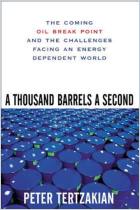
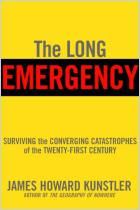
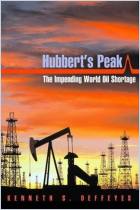
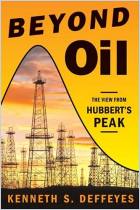
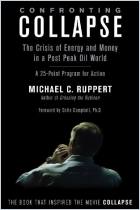
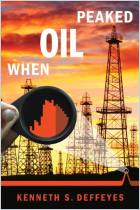

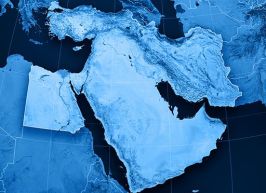




Comment on this summary or Start Discussion